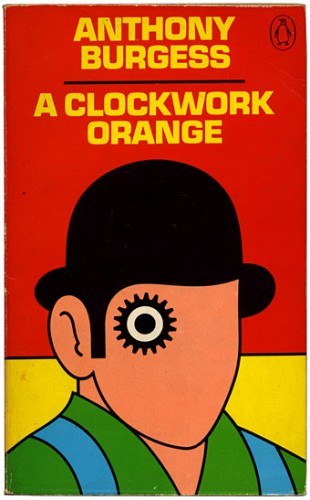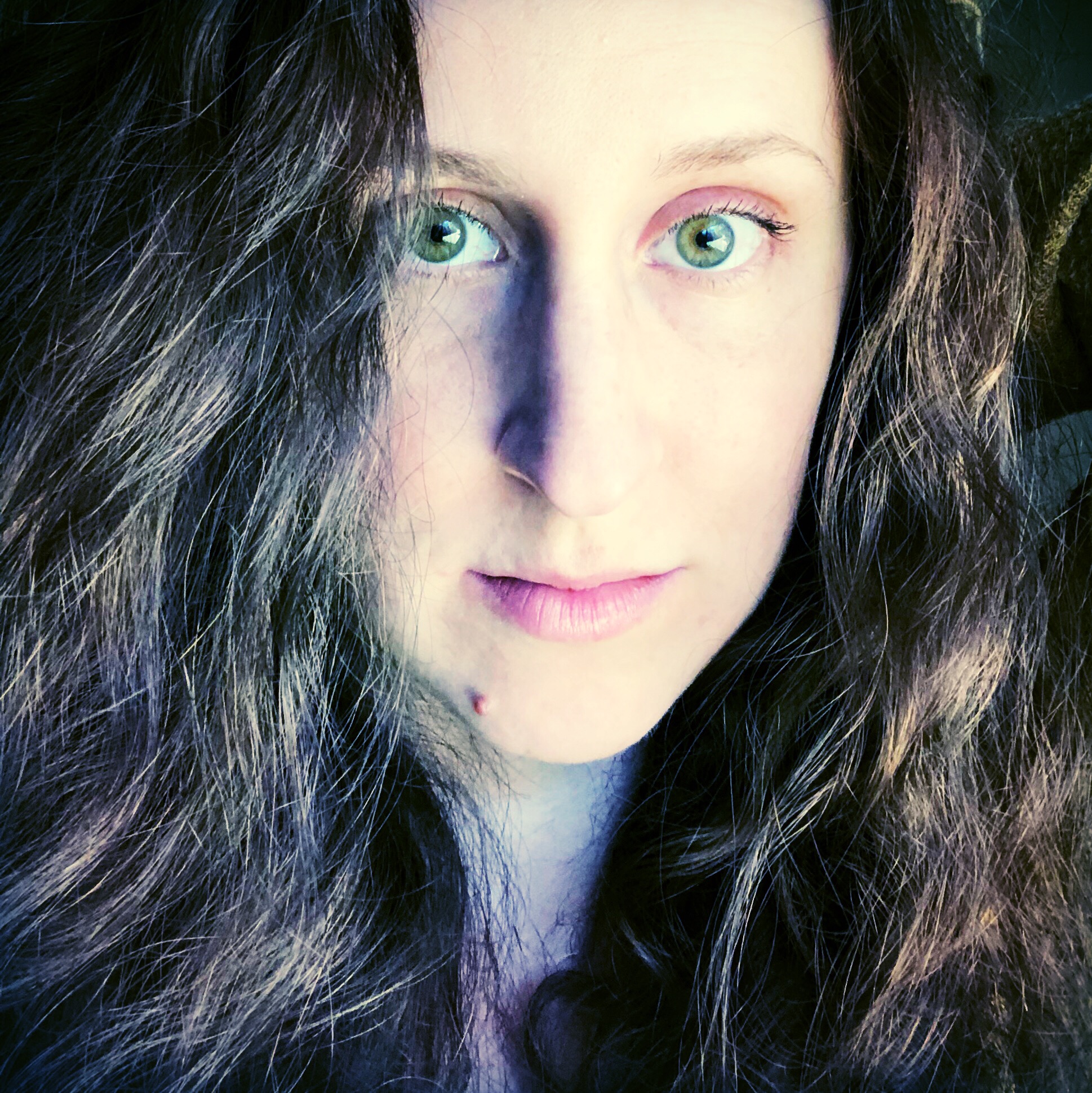“There is no such thing as a moral book or an immoral book. Books are well written or badly written. That is all.” –Oscar Wilde
By far, the blog of mine that has gotten the largest, most passionate and intelligent reactions has been “Why I’m Tired of People Ragging on Twilight.” Comments ranged: gleeful agreement and support of my guts in approaching such a volatile topic, carefully-worded debate, and emotionally-charged (dare I call them?) accusations. I disagreed with many comments, but I could see the logic and thought behind all of them. If you haven’t had a chance to check out the comments on that post, I think they’re well worth a read.
But one thing, the main thing, that I kept coming back to as I read these comments was the concept of censorship and author responsibility. No matter what someone’s thoughts were on the messages in Twilight, the end result was the same: holding Stephenie Meyer accountable for sending said messages.
I saw a contradiction there. Since I follow and am followed primarily by other writers on Twitter (who are unfailingly also readers), I tweeted the following:
@AnnieNeugebauer When you write a character, do you have them make the choices that “send the right message” or that they would most realistically make? Or do you only write characters who make choices that teach morals? And does that answer change if you write YA instead of adult?
All of the writers who answered chose “realistic characters” over “creating morals,” even for young adult books. And yet… so many people complain when they disagree with the message of a book.
The only explanation I could think of was that there is a disconnect between reading and writing. As writers, we all have different goals. Some people want to uplift and enlarge the lives of their readers. Some want to show life as it truly is. Some just want to entertain. And as readers, our wants vary too. We want to learn, be entertained, be challenged, and see ourselves deeply reflected in characters we love. Somewhere between the two, our expectations must shift.
So where’s that line? What changes between a writer and a reader? What are the expectations of both, and more importantly, who is ultimately responsible? And does the answer vary depending on the level of morality being challenged by a book? What about the type of morality? Wuthering Heights is often accused of romanticizing destructive love. A Clockwork Orange purportedly caused copycat crimes of rape and beatings. Lolita looks at the world through the eyes of a pedophile protagonist. And American Psycho was so controversial that Bret Easton Ellis received death threats over it (ironic, no?).

Droogs: product of literary genius, encouragement for young people to rape and murder, or source of awesome Halloween costumes?
How many people have these books negatively influenced? And would those people have made similar choices eventually even if they had never read the books? Of course, no one can know these answers.
Personally, I will never agree that writers are responsible for readers’ beliefs. That’s just how I feel. I am 100% against censorship. Now, that doesn’t mean I like the messages in all books. Obviously, I don’t. There are some themes in the Twilight series that I strongly disagree with. Just because I don’t believe the books should be censored or that Meyer should be held responsible for readers’ choices doesn’t mean it doesn’t bother me that so many young women are possibly being influenced by her messages. It does. It really does.
And my answer thus far leans toward guardian responsibility: parents of young teens should talk to their children about the messages in the books. But what about kids who don’t have such involved, responsible parents? I don’t know. I’m really asking. It’s not an easy question to answer. Should all people be censored because some people might be negatively affected by something? I don’t think so, but I do feel sad for those young women (and men).
To equate (and perhaps conflate) one morally controversial topic with another, it’s sort of like the old saying, “Guns don’t kill people; people kill people.” To which many have quite snarkily replied… but the guns sure make it easier. Ever tried pointing a finger-gun at someone and saying bang? Not quite the same effect. And yet the right to bear arms is one of Americans’ fundamental (though controversial) freedoms – one that I strongly agree with. So there’s a conundrum. I dislike guns, but believe in people’s right to own and use them.
Twilight doesn’t cause young women to make harmful choices. I have to believe that. It is one of my strongest principles that young people deserve respect. Respect comes with responsibility. And I believe all people, even impressionable young people, must take responsibility for their own morality. You can’t blame your bad choices on a book.
But maybe I believe this because I am a writer, and I sympathize with authors who stand accused. What’s more, I’m a horror writer. I write about some really, really bad people. Perhaps one could argue that I’m simply protecting myself from potential future reader accusations. I want to be able to write about evil, deeply flawed characters, and poor choices without the burden of guilt riding me like the weight of the world. I think, to some degree, we all choose our morals based on what allows us to live the life we want to live. Maybe I’m just in denial.
What do you think? And do your opinions shift when you answer the question as a reader and as a writer? What about as a parent? Where, for you, does author responsibility end and reader accountability begin?
Share this:


